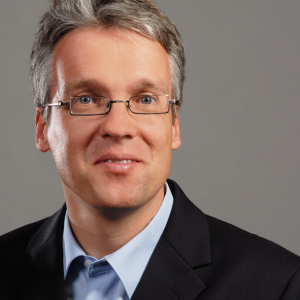Associated reseach project
Based on the history of the international, European and national legal regulation of nuclear power, the project deals with central questions of historical research: the role of international organisations and their experts; politics, law and regulation; environmental protection and energy use; and the handling of technologies and their risks. While the role of the anti-nuclear movement, the party system, technical and economic expertise and counter-expertise for the development of nuclear energy have already been very well researched, this project will examine the largely overlooked importance of legislation, jurisprudence, regulation and legal expertise (and counter-expertise). It starts from the hypothesis that a change in the legal treatment of the risks of nuclear power did not take place after Chernobyl, as is often claimed, but earlier. The project combines selected national case studies with the study of international organisations (OECD-NEA, Euratom and IAEA) that have been central forums for the negotiation and standardisation of nuclear energy law, standards and practices. The study focuses on the role of emerging transnational networks of experts in the establishment and transfer of standards.

